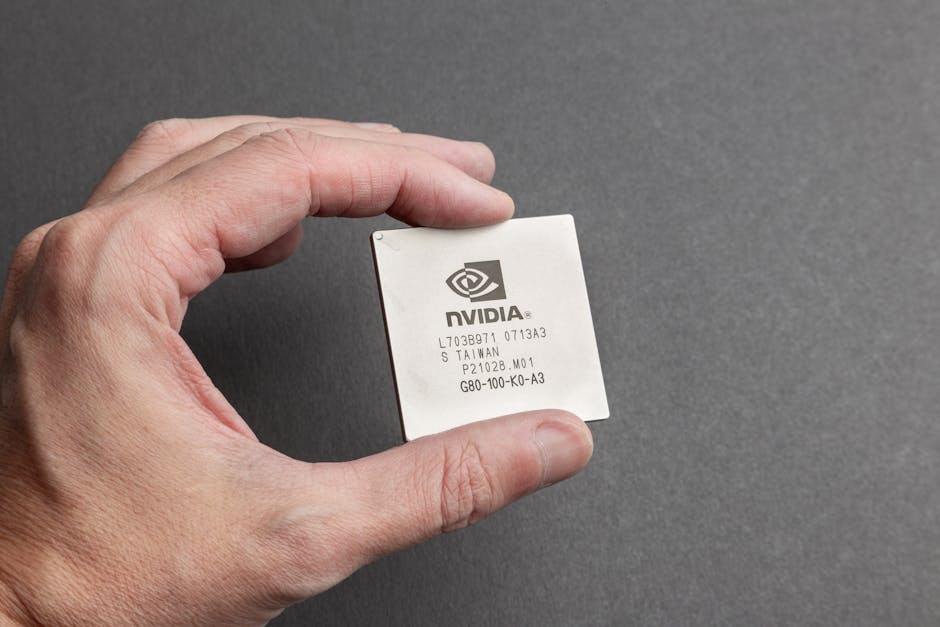Why Cloud-Native BSS Systems are Essential for the Satellite Communications Boom

The satellite communications industry is rapidly transforming, driven by groundbreaking advances such as Low-Earth Orbit (LEO) and Middle-Earth Orbit (MEO) satellite constellations. These innovations are expanding connectivity globally, enabling services like IoT integration, direct-to-smartphone communication, and high-speed broadband. However, this massive growth is exposing limitations in legacy billing and Business Support Systems (BSS), which were not designed to manage the scale and complexity of today’s satellite services. A modern, cloud-native BSS framework has become a critical tool for satellite operators and telecom providers alike, enabling them to adapt and thrive in this evolving landscape.
The Challenges of Legacy Billing Systems in Satellite Communications

Pexels
Legacy billing systems were designed for simpler environments and are increasingly becoming a bottleneck for satellite operators. Hybrid models that converge billing for both satellite and terrestrial networks, such as 5G NTN (Non-Terrestrial Networks), are beyond the capabilities of traditional platforms. Dynamic pricing models, which adjust in real-time based on factors such as data consumption, latency, or link priority, are essential for modern satellite applications yet remain unattainable with rigid legacy systems. Additionally, these older platforms struggle to accommodate diverse market needs, including B2B (e.g., maritime IoT, backhaul), B2C (e.g., residential broadband), and B2G (e.g., government and military communications).
Another pressing issue is scalability. With thousands of satellites and millions of IoT endpoints coming online, outdated systems falter under the weight of high-volume, real-time data processing. This results in operational inefficiencies and revenue leakage, which are unacceptable in a market driven by slim margins and growing competition.
Key Benefits of Cloud-Native BSS for Satellite Providers

Pexels
The adoption of a cloud-native BSS platform provides satellite operators with the flexibility and scalability they need to monetize their services effectively. These platforms consolidate billing processes for satellite and terrestrial usage, enabling precise, session-based, megabyte-based, or minute-based charging. Real-time data insights allow operators to better understand network traffic and customer behavior, ensuring accurate pricing and improved customer experience.
Cloud-native systems also bring unlimited commercial agility. With dynamic product catalogues, satellite service providers can launch niche offerings, such as “Maritime Data Passes,” within days rather than months. Such innovative solutions cater to both consumer and business markets, unlocking new revenue streams. Modern BSS solutions also support complex B2B2X models and scalable revenue-sharing agreements, enabling partnerships between satellite operators and telecom providers.
Applications and Use Cases Across Industries

Pexels
The impact of modern BSS systems extends across multiple industries. In maritime and in-flight connectivity, providers like Marlink and Viasat are leveraging these platforms to implement route-specific data pricing and premium service guarantees. For global IoT and M2M (Machine-to-Machine) applications, providers like Myriota use event-based pricing models made possible by advanced billing systems. Similarly, satellite broadband operators, such as Starlink, require scalable platforms to manage millions of rural residential subscriptions seamlessly.
Government and public sector use cases, including defense operations and first responder communications, underscore the importance of reliable, secure satellite services. In agriculture, IoT-driven solutions supported by satellite communications are addressing connectivity challenges in remote areas, enabling precision farming. Other sectors, such as mining and environmental monitoring, rely heavily on satellite networks to ensure consistent operation under harsh conditions.
The Path Forward for Satellite Operators

Pexels
The competitive edge in the new space race lies not only in cutting-edge satellite technology but also in robust backend systems. A cloud-native BSS platform, such as Lifecycle Software’s Nexus, is engineered to handle the unique demands posed by modern satellite networks. By delivering scalability, dynamic pricing capabilities, and commercial agility, these platforms are paving the way for satellite operators to turn orbital innovation into profitable ventures on Earth. Operators unwilling to invest in these modern systems risk falling behind as the industry continues to evolve rapidly.
For satellite operators and telecom providers looking to stay ahead, adopting advanced BSS solutions is no longer optional—it is essential. Through tools like Nexus, operators can finally bridge the gap between orbital complexity and terrestrial profitability, ensuring sustained growth and market leadership in a highly competitive arena.







